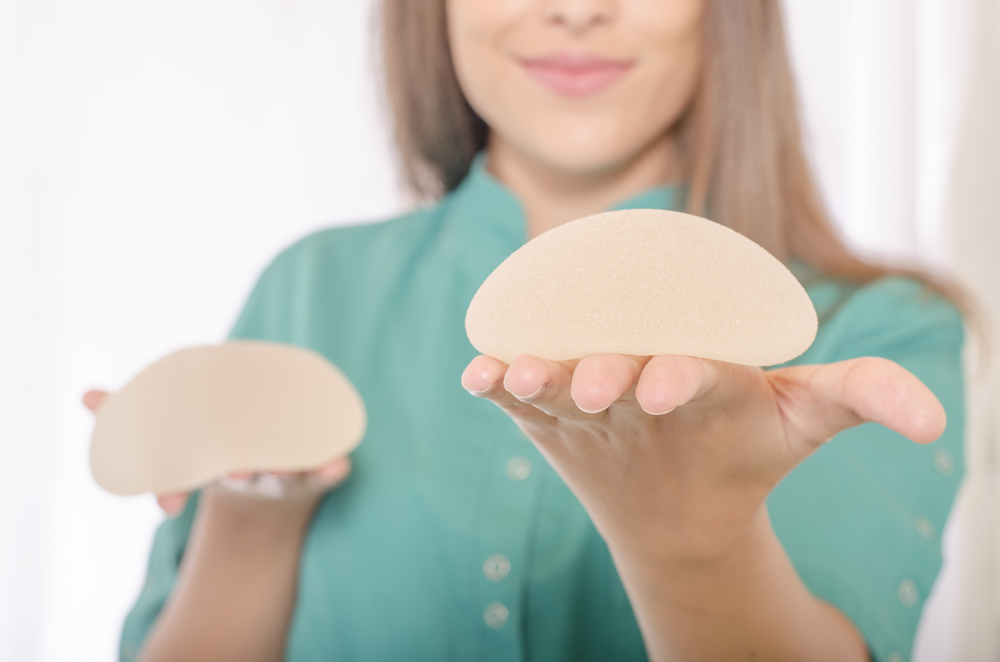You’ve always dreamed about moving up a cup size. But you’re worried. Are implants safe? You might remember that scandal in the early 1990s about silicone breast implants, and you want to make sure you make the right choice. Read on to learn about the safety of silicone breast implants and whether they’re right for you.
The History of Silicone Breast Implants
Women have wanted to increase their breast size for centuries. They’ve undergone surgeries to insert a variety of materials into their breasts for just that purpose. The problem was that none of those materials were safe, and women have suffered serious bodily harm as a result.
In the early 1960s, the American firm Dow Corning released silicone-gel implants. Over the years, Dow Corning and other manufacturers made various improvements to ensure that the implants would look natural, last for years, and not leak.
The earliest implants were made of a thick shell so they wouldn’t rupture. However, the implant would contract, which caused problems. As manufacturers attempted to perfect the process, they created implants with thinner shells. While they didn’t contract, they had a tendency to deflate. A polyurethane coating solved those problems while creating another one: the coating would disintegrate, leaving behind foam.
In the late 1980s, the head of the US Food and Drug Administration began publicly questioning the safety of silicone breast implants. Some historians accuse this FDA director of ignoring scientific evidence showing that silicone isn’t harmful. His crusade against silicone breast implants was successful for several years; in 1992, the FDA put a moratorium on silicone breast implants.
Seven years later, the US Congress commissioned the Institute of Medicine to examine whether silicone breast implants were safe or not. The Institute’s findings showed silicone implants were safe. There isn’t any evidence to link them to cancer or autoimmune diseases.
Related: How To Prepare for Breast Augmentation?
Do Silicone Implants Still Leak?
In spite of the FDA’s moratorium on silicone implants, manufacturers have continued to produce them. And they’ve become safer over the years.
Health Canada has approved cohesive silicone gel implants. The gel inside this type of implant doesn’t run, seep, or shift. Doctors in Europe have been using cohesive silicone gel implants for several years. They have a very good safety record.
In addition, cohesive silicone gel implants can provide a more natural appearance than saline implants because they feel more like natural breast tissue. They also don’t ripple or fold the way saline implants do.
While cohesive silicone gel implants have a great track record, it’s important to remember that breast implants aren’t lifetime devices. They won’t last forever. Doctors estimate that unless the implants deflate, you can expect them to last for at least ten to 20 years.
What about Saline Implants?
Saline breast implants are filled with saline solution (the scientific term for salt water). When the FDA took silicone implants off the market, saline implants became the only choice for breast implant procedures.
There are definitely drawbacks to this type of implant, though. They are not as firm as silicone and don’t provide as natural of an appearance. Moreover, saline implants can deflate, and as a result, your breast will decrease in size.
Related: Gummy Bear Implants – Pros & Cons
Choose an Experienced Surgeon to Perform Your Breast Augmentation Surgery
Just because you want breast implants doesn’t mean you want to look as though you’ve had implants. You need a surgeon with the experience and skill to produce natural-looking results.
Dr. Kenneth Dickie offers patients a personable approach to cutting-edge surgical and non-surgical procedures. We proudly offer plastic surgery services to Barrie, Collingwood, Sudbury, Orillia, Huntsville, Bracebridge and surrounding areas.
Schedule a personal consultation with plastic surgeon Dr. Kenneth Dickie. Or call us at the phone number posted at the top of the page.

